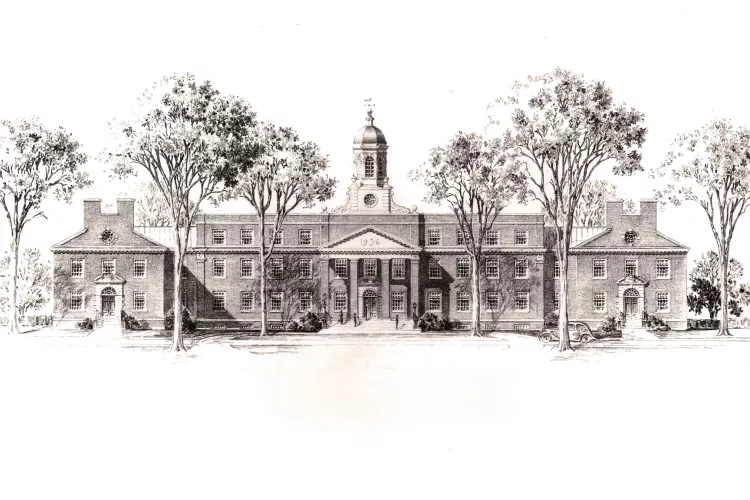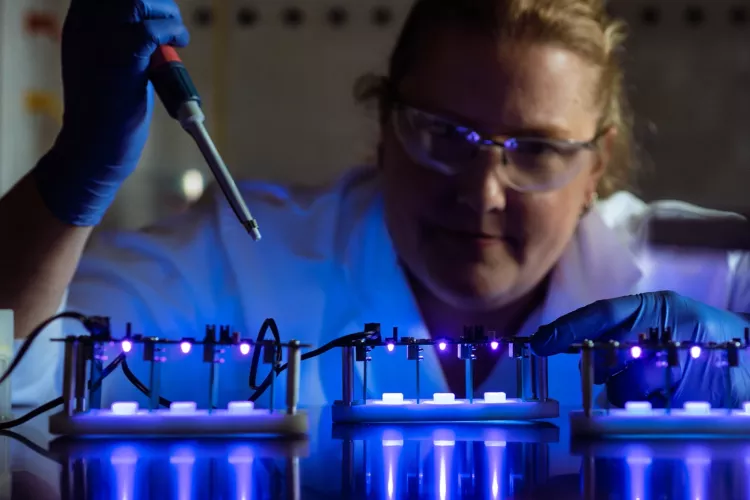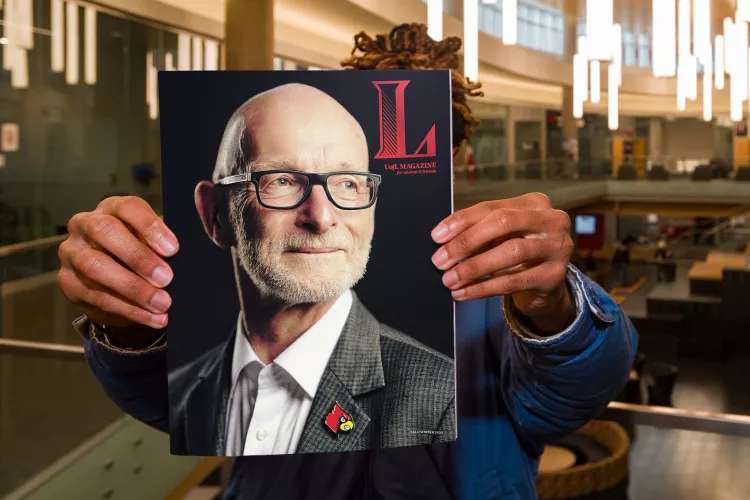Conn Center researcher working on Li-air battery
October 2, 2024Most car drivers can travel several hundred miles on a tank of gas. But what if you could drive hundreds - or 1,000 - miles in a car powered by a renewable energy source that doesn’t need any gasoline? Developing the science to achieve these future dreams is underway at the University of Louisville’s Conn Center for Renewable Energy Research. Its researchers undertake a wide range of renewable energy research challenges, including those aimed at developing new energy storage systems for vehicles and other guzzlers of non-renewable energy.
Conn Center post-doctoral researcher Bijandra Kumar works on energy storage and solar fuels, where sunlight is used to split water for hydrogen production and carbon dioxide-to-liquified fuel conversions. He is one of the authors of an article in the prestigious magazine "Nature," titled, "A lithium-oxygen battery based on lithium superoxide," released on Jan. 11. The article details work on a Lithium-oxygen (Li-air) battery, which has the potential of providing five times the energy density of lithium ion. Lithium ion is a well-known battery chemistry featured in many rechargeable products. “The development of new and efficient renewable energy systems is the promise of the next generation,” Kumar says. Manufacturing a battery that can produce enough energy to run for hundreds of miles without the need for recharging is the goal of scientists around the world as part of an effort to reduce the reliance on fossil fuels. An inexpensive catalyst to make lithium superoxide would pave the way for a major breakthrough in battery manufacturing. Conn Center is currently working on this advancement.


